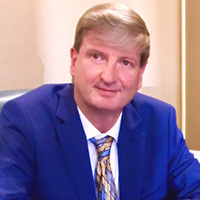Custer Felony Lawyer, Wisconsin
Not enough matches for Custer Felony lawyer.
Below are all Custer Criminal lawyers.
Peter C. Lloyd
✓ VERIFIEDDivorce & Family Law, Criminal, Traffic, Child Custody, Child Support
Attorney Peter Lloyd is an experienced lawyer practicing law in the Central Wisconsin area. He limits his practice to specific areas (family, criminal... (more)
Julianne Marie Lennon
Divorce & Family Law, DUI-DWI, Criminal, Credit & Debt
Status: In Good Standing Licensed: 28 Years
Gregory J. Jerabek
Child Support, Divorce & Family Law, Criminal, Bankruptcy & Debt
Status: In Good Standing
Jeanne L. Zamzow
Bankruptcy & Debt, Criminal, Divorce & Family Law, Traffic
Status: In Good Standing Licensed: 17 Years
Stephen W. Sawyer
Felony, Misdemeanor, White Collar Crime
Status: In Good Standing Licensed: 28 Years
FREE CONSULTATION
CONTACTBenjamin C. Welch
Social Security, Workers' Compensation, Child Custody, Felony, Accident & Injury
Status: In Good Standing


